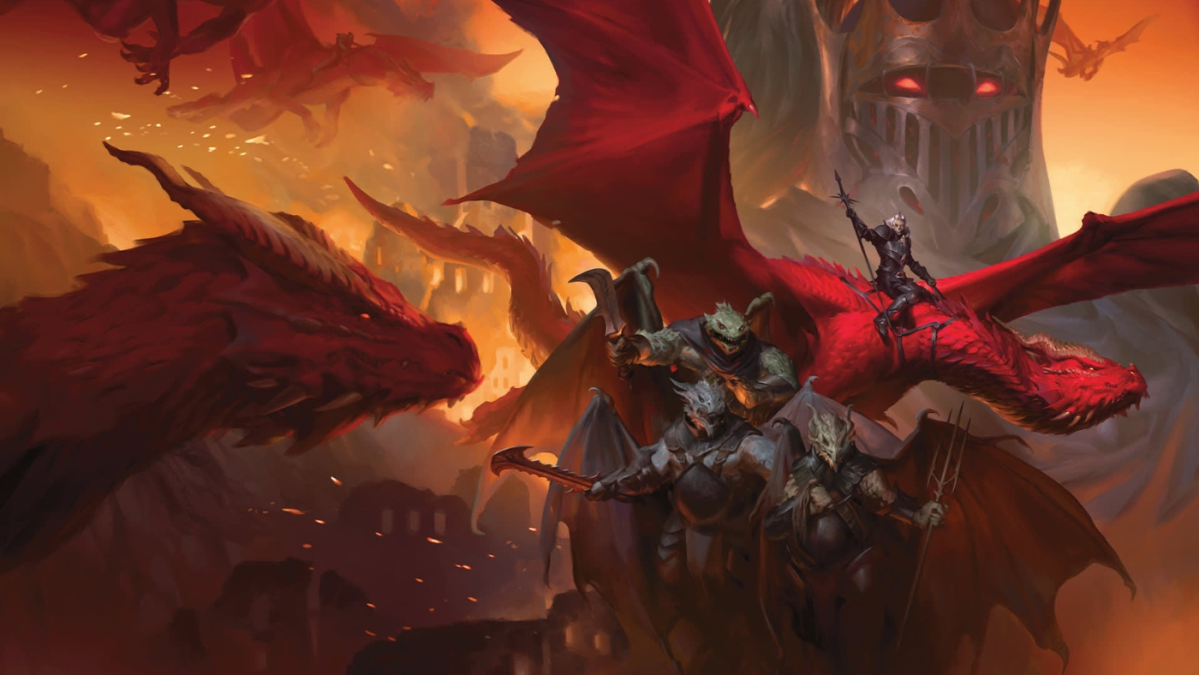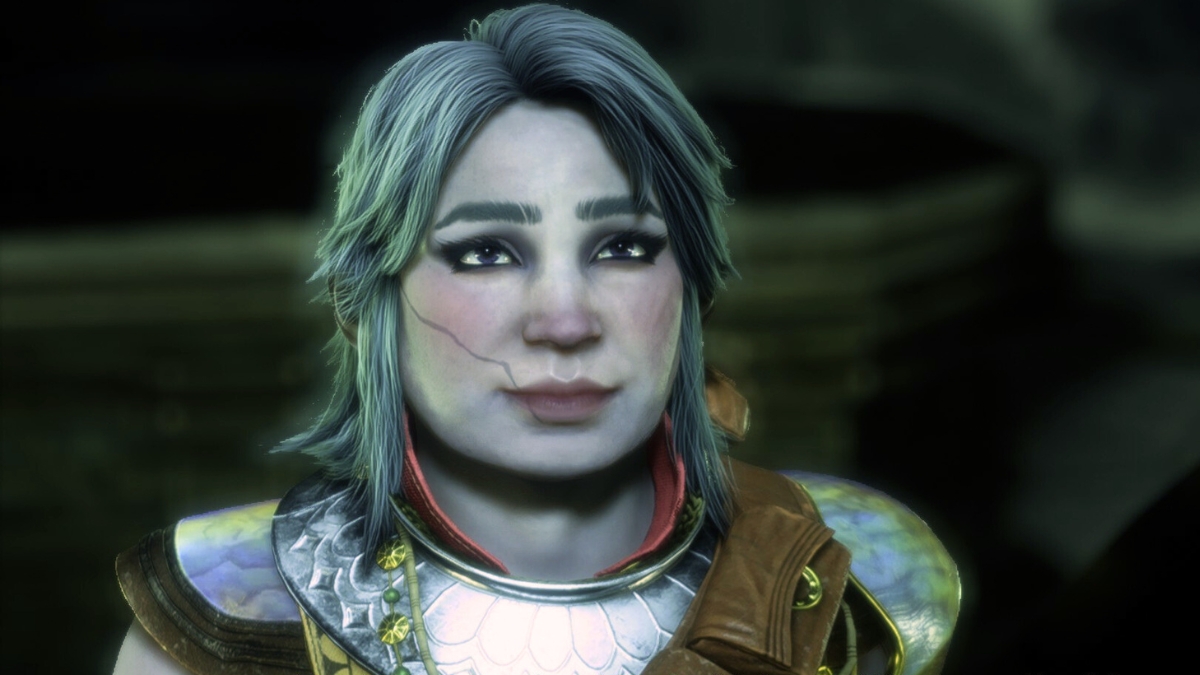[This story has been updated to include Wizards of the Coast’s official statement.]
In December, Wizards of the Coast made an official announcement regarding an upcoming change to the Open Game License (OGL) and how the new One D&D will affect Dungeons & Dragons third-party content creators, including small publishers and streamers. In that announcement, the Hasbro subsidiary assured that only a handful of high-earning D&D creators would be majorly affected.
However, the full text of the new OGL—now called OGL 2.0—has since been leaked to i09‘s Linda Codega, and the tabletop roleplaying community is not happy.
What is the D&D OGL?
Under OGL 1.0a, which was released in 2000, creators have a “perpetual” license as defined by a System Reference Document (SRD) to use D&D 5e rules and mechanics for any and all of their Dungeons & Dragons content, whether it’s produced for free use or for purchase. They cannot reference copyrighted material, including the D&D name itself, and they have to include information about the OGL in their work in order to remain compliant.
Initially, Wizards referred to the OGL 1.1 as an “update” to the 2000 license, saying the original would still be in effect for creators and publishers who wished to continue creating 5e content and not opt into the new content and OGL/SRD. But according to Codega, “the original OGL will become an ‘unauthorized’ agreement, and it appears no new content will be permitted to be created under the original license.”
That’s bad news for a majority of third-party D&D creators, because the new OGL requires more reporting to Wizards and gives the company a significant cut of profits for creators who make over a certain amount of revenue. According to the document sent to io9, the new OGL intentionally tightens competition. Codega writes, “the new agreement states that ‘the Open Game License was always intended to allow the community to help grow D&D and expand it creatively. It wasn’t intended to subsidize major competitors, especially now that PDF is by far the most common form of distribution.'”
How the D&D community is responding to the new OGL
The D&D community at large is angry about Wizard’s proposed new OGL document because it so heavily restricts what creators can produce, and under what conditions. It’s also a very obvious money grab, and the community feels exploited by the game they love and have worked so hard to turn into an expansive, inclusive, and creative space beyond the official material produced by Hasbro.
The whole controversy has been trending on Twitter ever since Codega published her article earlier this month. The community has even created a hashtag, #OpenDND, which is filled with impassioned pleas to Hasbro and Wizards of the Coast to rethink the text of the new OGL.
In addition to third-party creator Kobold Press—one of the largest third-party publishers to create content compatible with Dungeons & Dragons 5e under the original OGL 1.0a—creating an entirely new ruleset for its future content, D&D Beyond users are canceling their subscriptions to the Wizards-owned online D&D tool en masse.
Related: Most Played Games in 2022, Ranked by Average Monthly Players on Twinfinite
Wizards of the Coast’s response to the backlash
D&D Beyond tweeted on January 10, “We know you have questions about the OGL and we will be sharing more soon. Thank you for your patience.”
Per io9, the new OGL—which is no longer called 1.1, but 2.0—would have been announced on January 12, with a detailed FAQ. That announcement has been pushed. On January 13, Wizards of the Coast released an official statement addressing community concerns about the proposed OGL in which it walks back several of the most controversial parts of the leaked document, including the royalty structure, the license back language that would allow it to use third-party content without credit, and language that would limit VTTs and other community-created projects.
Wizards has not announced when it will roll out a new version of OGL 2.0, but the company states, “we’d appreciate the chance to make this right. We love D&D’s devoted players and the creators who take them on so many incredible adventures. We won’t let you down.”
(featured image: Wizards of the Coast)









Published: Jan 13, 2023 10:38 am